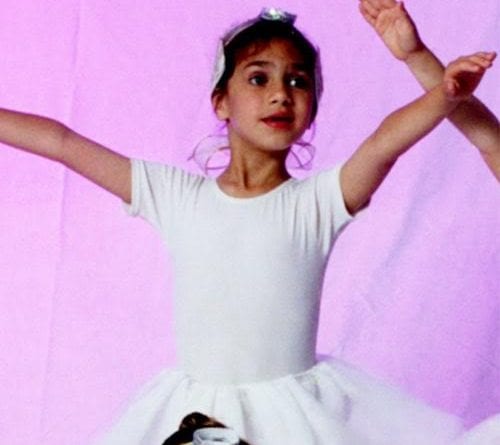Dancing Into Confidence
When a parent is looking for a physical extra curricular for their child, dance might not be the first option to come to mind. Competitive team sports may be more conventional and widespread than many types of dance, but dance has emotional benefits that can stay with a dancer their whole life, in addition to the obvious physical ones.
Coordination and Spatial Awareness
One of the first things a child will learn in any type of dance class is the importance of being aware of the position of their body and how they are occupying the space around them. This knowledge helps a child become more comfortable in their skin and more confident in their movements. A child who can move gracefully through a dance studio can move gracefully through the rest of their life as well. This can increase self-esteem because a dancer is less likely to feel awkward, clumsy, or embarrassed of their physicality in their day-to-day activities. If a dancer is involved in other physical activities, dance’s emphasis on flexibility, balance, and strengthening often overlooked parts of the body can only help them succeed.
No Losers, Just Learners
As long as a child shows up and tries, it is impossible for them to fail at dancing. There are no winners or losers in dance. Instead, the focus is on perfecting one’s own abilities. This means that other dancers are not competitors. They are fellow learners. The dance community is a welcoming and supportive one, celebrating difference and personal style. In fact, developing a unique style of dance can help a child improve their identity formation and sense of self. And if a child wants to compete, there are a multitude of regional and statewide competitions in many styles of dance to choose from. What’s important is that competition is an option, not an obligation.
Performing Power
One of the scariest things about dancing can be performing in front of an audience. However, it can also be one of dance’s most empowering aspects. As someone who was once a shy and introverted kid myself, there was nothing quite like the moment when I realized I was capable of performing, and that I even enjoyed it. Crossing such a hurtle can be a huge boost to a child’s confidence and self-esteem. Furthermore, performing a dance should be exhilarating and joyful. Success in this arena can lead children to associate positive emotions with performance, making public speaking more palatable and achievable. Most important is the sense of accomplishment a child will feel after a dance performance, a feeling they will carry with them into all aspects of their identity.
Dance Has No Gender
Dance may be unfairly stereotyped as a feminine activity, but that shouldn’t stop anyone from trying it! The benefits available from dance are equally important for all genders. A co-ed dance class also presents the possibility for a valuable teaching moment. It is a perfect way to visualize the idea that there is no such thing as an activity specifically meant for boys or girls. A gender diverse dance class emphasizes individuality as a positive thing. Any child with a sense of fun, perseverance, and a little bit of bravery is a great candidate for a dance class.
Click this link to the Austin Kid’s Directory website for a list of dance studios in the Austin area.
Carly Banner is a freelance writer and a senior English major at Southwestern University.

